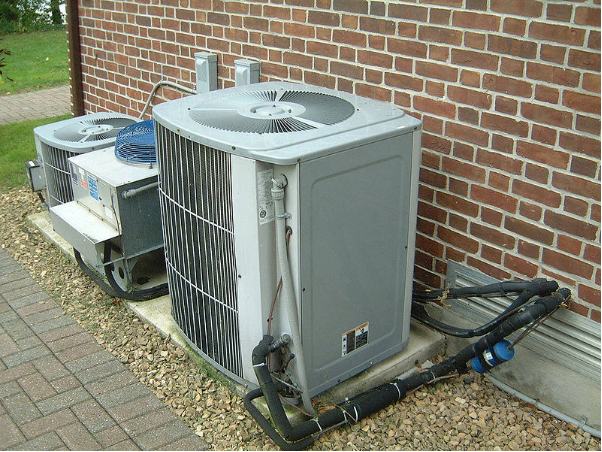With having to plan AC Repair in Houston TX around your busy schedule to paying for the service, an malfunctioning machine can be a major headache.
However, it doesn’t have to be this complicated always.
Not many people know this but some of your AC related issues can be fixed on your own. So, before you can all expert of AC Repair in Houston TX, you must at least to try to fix these on your own to save money. In this article, we will help you identify the basic issues that may be causing your air conditioner to malfunction.
Here are the three easy DIY tips that can help you fix your AC and avoid any unnecessary stress to your life and wallet.
Check the electrical supply
If your AC stops working for some reason, you must start with the basics. Before you call the AC repair service, make sure there is no power outage in your area. You can also check the circuit breaker box.
AC technicians recommend to check the on/off switches as well. Some units have power switches near the indoor unit and a switch near the compressor outside. Be careful while checking these as they hold a lot of electricity.
If the breaker for your HVAC unit has tripped, then you can reset it to see if your unit is working again. If the circuit continues to trip, then it is time to call an HVAC expert or an electrician.
Check the thermostat
Sometimes we may accidentally set the thermostat to heat and wonder what happened to its cooling. If your thermostat is acting up, then check the batteries and replace them first.
You must also check the outdoor temperatures. If it is unbearably hot outside your house, then your AC may not be able to cool your home effectively. However, this doesn’t mean that your AC is broken. You just need to supplement your AC with fans to make the cooling more efficient.
Access the unit
Check the air filters. If they are dirty, then your AC will not be able to cool as effectively and have difficulty circulating cool air. Clogged air filters can put immense pressure on your AC unit. So, be sure to check that from time to time.
Additionally, you must check the AC condensate drain line and drain pan as well. If the drain pan has water in it, then the chances are that your drain line is clogged.
You can also check the vents and ensure that the air flow is not obstructed by dirty air filters and furniture. If your vents are covered, then it can have a negative impact on your AC’s ability to cool your home.
The final check should be your compressor. Make sure it is clear of all debris and all at least 3ft of clearance between the unit and anything else.
Perform these checks first. If your unit still fails to perform up to the mark, then you must call a professional.



